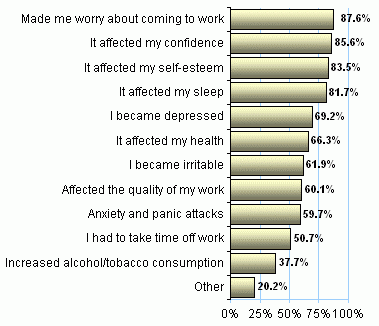

Fear of abandonment: It’s common for people with BPD to feel uncomfortable being alone.Symptoms can range from manageable to very severe and can include any combination of the following: Over time, symptoms usually decrease and may go away completely. A troubling event or stressful experience can trigger symptoms or make them worse. Signs and symptoms of borderline personality disorder usually appear in your late teenage years or early adulthood. What are the signs and symptoms of borderline personality disorder (BPD)? How common is borderline personality disorder?īorderline personality disorder is relatively rare. Research suggests that people assigned male at birth (AMAB) may be equally affected by BPD, but they may be misdiagnosed with post-traumatic stress disorder (PTSD) or depression. Nearly 75% of people diagnosed with BPD are people assigned female at birth (AFAB). People with other mental health conditions, such as anxiety, depression or eating disorders, are also at higher risk. As a result, almost all people diagnosed with borderline personality disorder are above the age of 18.Īlthough anyone can develop BPD, it’s more common if you have a family history of BPD. Most personality disorders begin in the teen years when your personality further develops and matures. Who does borderline personality disorder affect? People with bipolar disorder also have significant changes in energy and activity, unlike those with BPD. In BPD, mood and behavior change rapidly in response to significant stress, especially when interacting with other people, whereas in bipolar disorder, moods are more sustained and less reactive. While bipolar disorder is also characterized by wide fluctuations in mood and behavior, it’s distinct from borderline personality disorder (BPD). What is the difference between borderline personality disorder and bipolar disorder? Many people who live with borderline personality disorder don't know they have it and may not realize there’s a healthier way to behave and relate to others. Personality disorders are chronic (long-term) dysfunctional behavior patterns that are inflexible, prevalent and lead to social issues and distress. All of these behaviors make it difficult for them to maintain relationships.īorderline personality disorder is one of a group of conditions called “Cluster B” personality disorders, which involve dramatic and erratic behaviors. They also tend to show impulsive and dangerous behaviors, such as reckless driving and threatening self-harm. People with BPD have an intense fear of abandonment and have trouble regulating their emotions, especially anger. What is borderline personality disorder (BPD)?īorderline personality disorder (BPD) is a mental health condition marked by extreme mood fluctuations, instability in interpersonal relationships and impulsivity.
Anger issues test full#
You will then have the option to purchase the full results with score breakdown, detailed interpretation, and advice.Borderline personality disorder is a mental health condition marked by extreme mood fluctuations, instability in interpersonal relationships and impulsivity. After finishing the test, you will receive a brief personalized interpretation of your score that includes a graph and information on the test topic.Īfter finishing the test, you will receive a list of your strengths and the areas you will need to work on. In order to receive the most accurate results, please answer as truthfully as possible. In such cases, select the answer you would most likely choose if you ever found yourself in that type of situation. There may be some questions describing situations that may not be relevant to you. It's designed to evaluate the manner in which you approach and handle anger-inducing situations.Įxamine the following statements and choose the answer option that best applies to you. Learn more about your ability to manage it by taking this anger management test. Do you have difficulty controlling your temper? Does your anger come out in unhealthy ways that could hurt others as well as yourself? Anger is a powerful emotion that can lead to serious problems in your relationships and career if left unbridled.


 0 kommentar(er)
0 kommentar(er)
